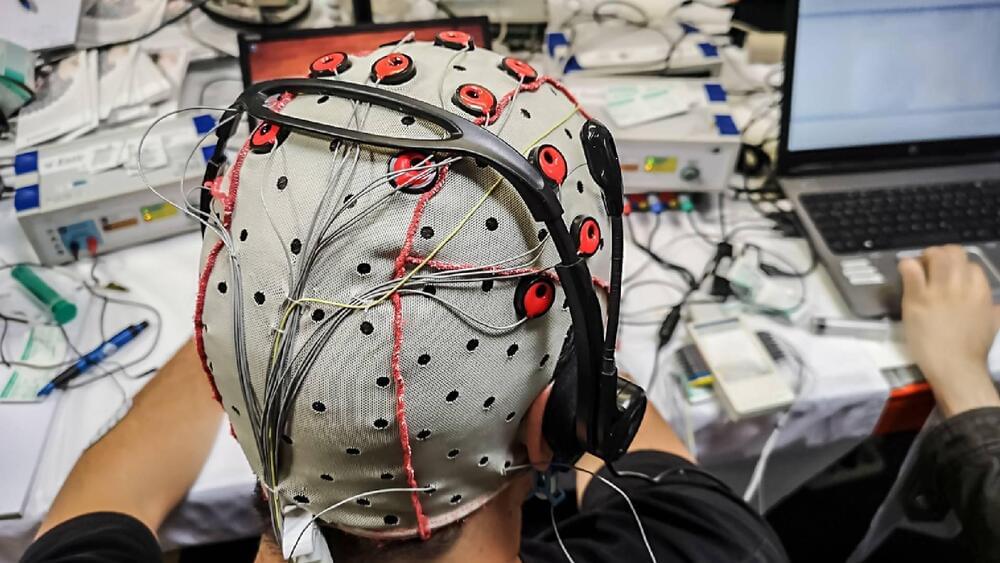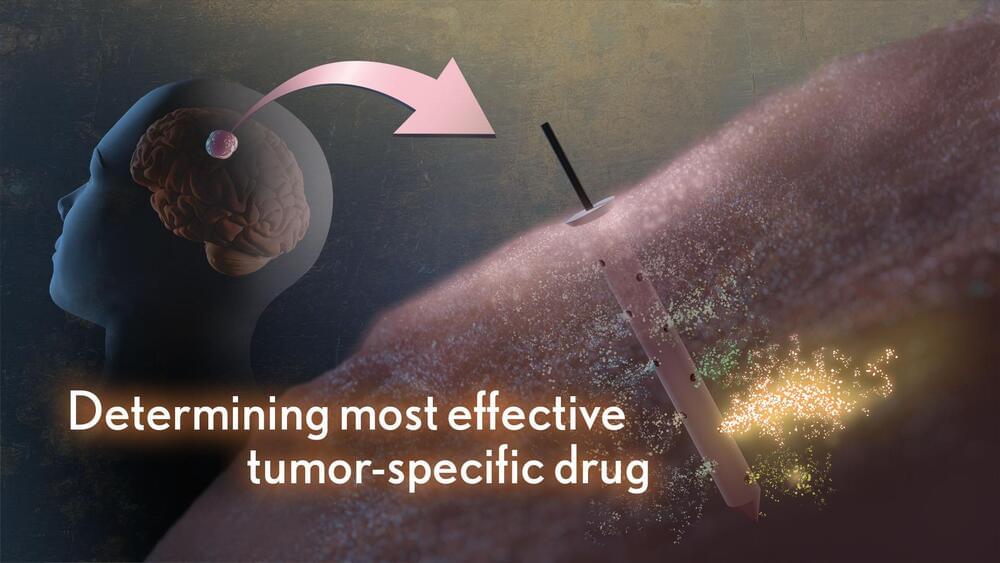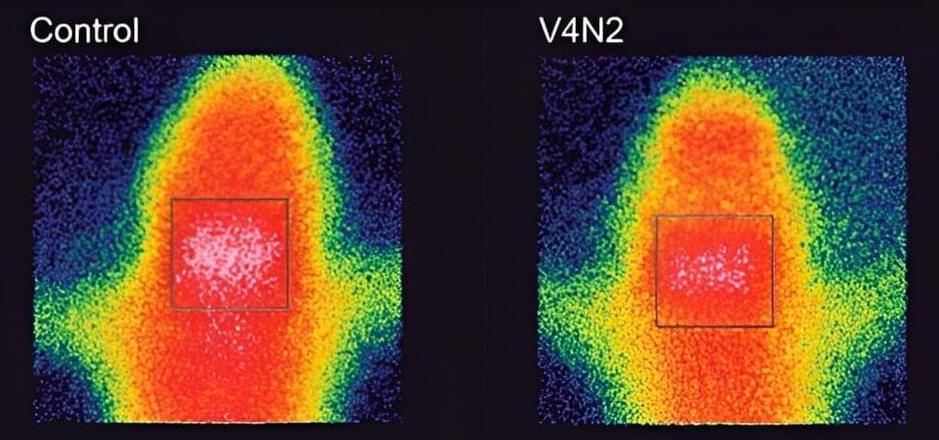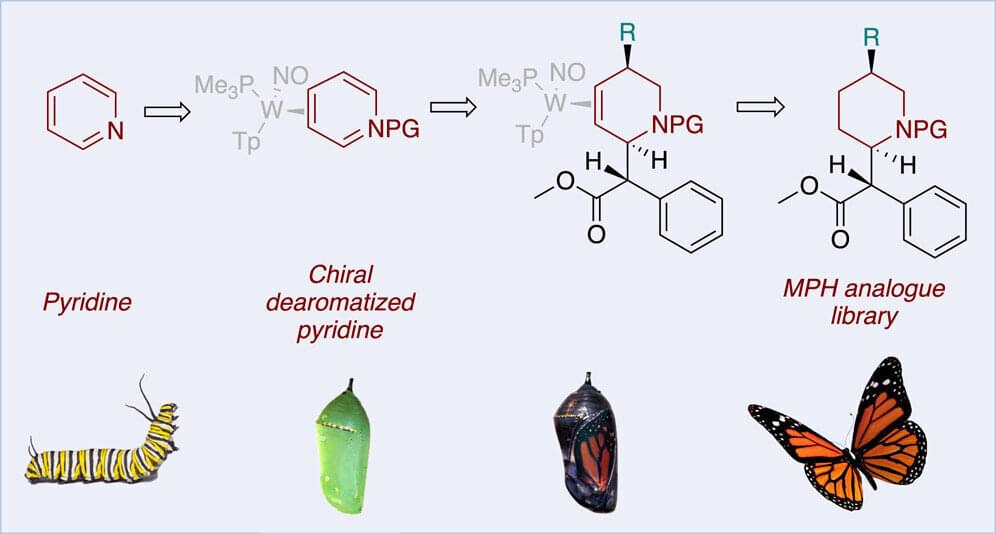Oct 28, 2023
Cybernetic Theory: Information Physics, Quantum Cosmology, Simulation Metaphysics
Posted by Alex Vikoulov in categories: cosmology, evolution, neuroscience, quantum physics, singularity
Building upon the foundational paradigms outlined in The Syntellect Hypothesis: Five Paradigms of the Mind’s Evolution (2020), my latest work titled The Cybernetic Theory of Mind (2022), a Kindle eBook series published last year, serves as an extension and refinement, operating at the intersection of information physics, quantum cosmology, and simulation metaphysics. The objective is not merely to inform but to elucidate through an “explanatory” theory of everything, providing an integrative framework for a deeper understanding of reality.
#CyberneticTheory #InformationPhysics #QuantumCosmology #SimulationMetaphysics #cybernetics #QuantumGravity #SyntellectHypothesis #CyberneticTheoryofMind #TheoryofEverything #consciousness #TechnologicalSingularity #DigitalPhysics #QuantumMechanics #PhilosophyofMind #posthumanism #UniversalMind #CyberneticImmortality
The Cybernetic Theory of Mind is an explanatory TOE at the intersection of information physics, quantum cosmology and simulation metaphysics.
















